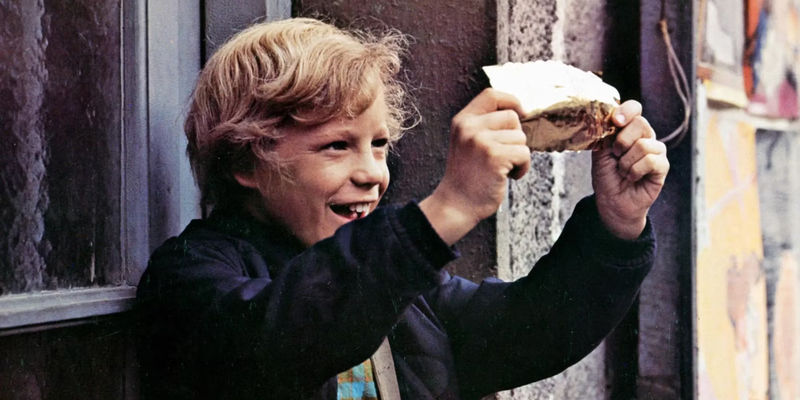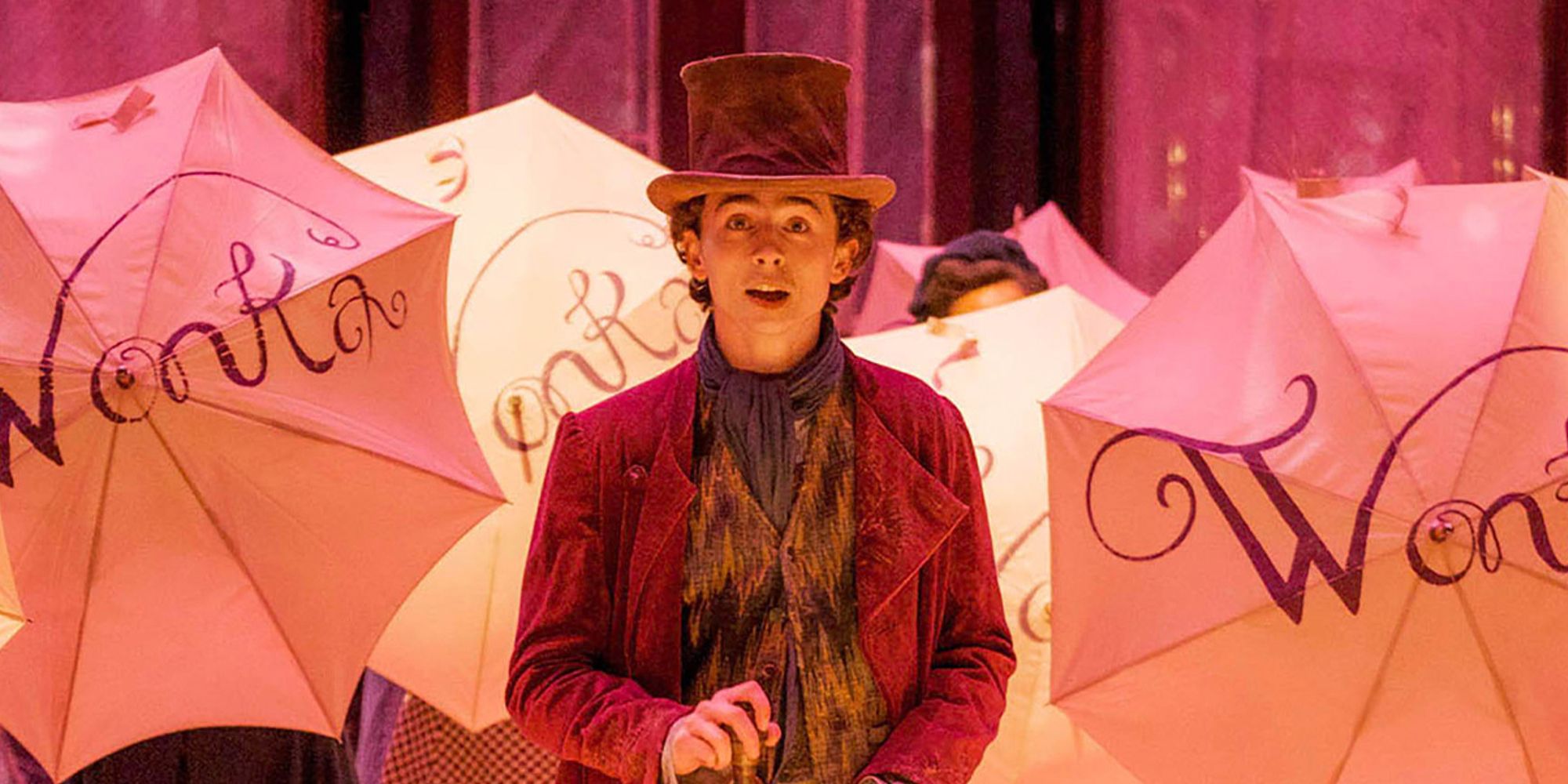
Willy Wonka’s New Movie Proves He Is More Like Charlie Than You Ever Knew

A deep dive into the similarities between Willy Wonka and Charlie in the new movie 'Wonka', and how it changes the perception of the iconic character.
The Transformation of Willy Wonka
Willy Wonka's new take shares many similarities with Charlie from the original Roald Dahl story. However, the movie primarily portrays an original story where Wonka is significantly different from his previous iterations in film. Instead of depicting young Willy Wonka as an intimidating, morally ambiguous anti-hero, the Paul King movie portrays him as a hero who fights against the corrupt Chocolate Cartel. Even when it comes to the character's dynamic with the Oompa Loompa, he is initially at odds with the Loompaland citizen because he stole his cocoa beans. However, in all these differences, the new Willy Wonka movie subtly draws a similarity between its young Willy Wonka and the original story's Charlie. This similarity not only makes Willy Wonka more likable but also proves that the adult Willy Wonka from the original story was right on the money when he made a crucial decision.
TImothee Chalamet as Willy in Wonka
The new take on Willy Wonka is a refreshing change from the previous iterations, and it brings out a side of the character that was not explored before. The movie's approach to portraying Willy Wonka as a hero fighting against corruption adds depth to his character and creates a new perspective for the audience. This transformation of Willy Wonka not only makes him relatable but also challenges the traditional portrayal of the character, making the movie a must-watch for fans of the original story.
Peter Ostrum as Charlie Bucket holding up a Golden Ticket in Willy Wonka & The Chocolate Factory
The Birthday Tradition Connection
In Charlie and the Chocolate Factory's opening arc, Charlie gets a chocolate bar as a birthday present from his parents. Willy Wonka's backstory in Paul King's Wonka reveals that his mother followed a similar tradition and gave him a chocolate bar for his birthdays. This parallel proves that Willy Wonka's upbringing in Wonka's narrative was similar to Charlie's in the original Roald Dahl story. Both had humble upbringings where, despite being poor, their parents did everything they could to keep them happy.
TImothee Chalamet as Willy Bugging Out His Eyes in Wonka
The parallel between Charlie and Willy Wonka's birthday traditions highlights the shared values of family and happiness in their upbringing. It also reinforces the idea that despite their different paths in life, they both hold onto the memories and values instilled in them during their childhood. The connection between their birthday traditions serves as a heartwarming link between the characters and adds depth to their relationship, making it a significant aspect of the new movie.
Timothee Chalamet as Willy Chomping on a Flowery Candy in Wonka
The Perfect Heir and the Humble Virtues
Willy Wonka's original backstory in Paul King's Wonka highlights how Charlie was always the perfect replacement for him. Like him, Charlie grew up with nothing but hoped to create a better life for himself and his family. Similar to Wonka's titular character, Charlie also understood the value of a single candy bar and, despite admiring chocolates, always prioritized sharing them with others. Although the adult versions of Willy Wonka in both the 1971 and 2005 movies did not exactly mirror Charlie like the one in Wonka, they too appreciated him because he seemed far more humble and virtuous than the other kids who visited the factory, making him the perfect heir to their chocolate empire.
Willy Wonka (Timothee Chalamet) taking a cacao bean in OompaLand in Wonka
The new movie's portrayal of Charlie as the perfect heir to Willy Wonka's chocolate empire adds a layer of depth to their relationship and emphasizes the humble virtues shared by the characters. It showcases the importance of humility, kindness, and the value of family, which are central themes in both Charlie and the Chocolate Factory and Wonka. This connection between the characters not only solidifies their bond but also reinforces the idea that Charlie was indeed the perfect replacement for Willy Wonka, creating a heartwarming conclusion to the new movie.


















